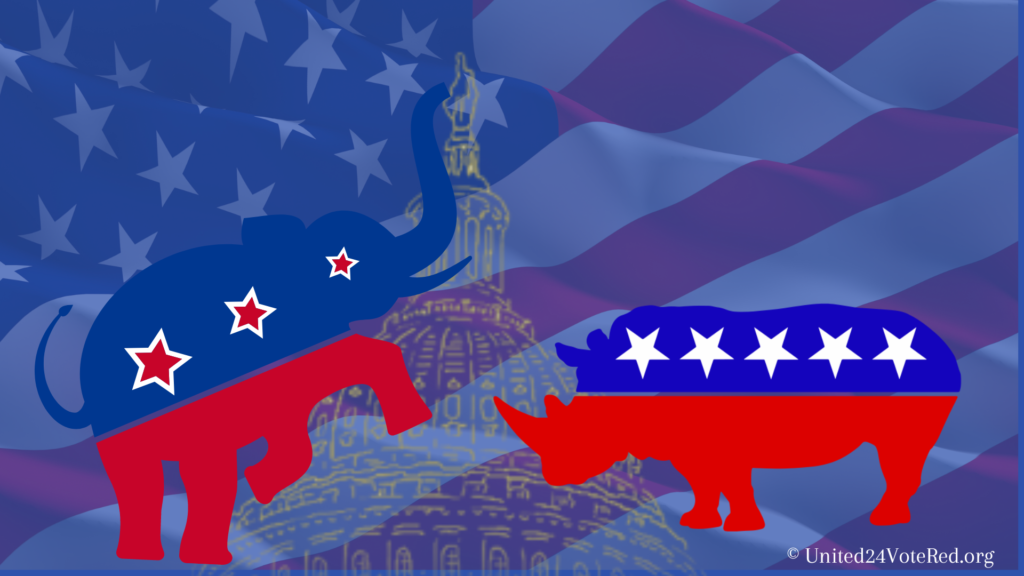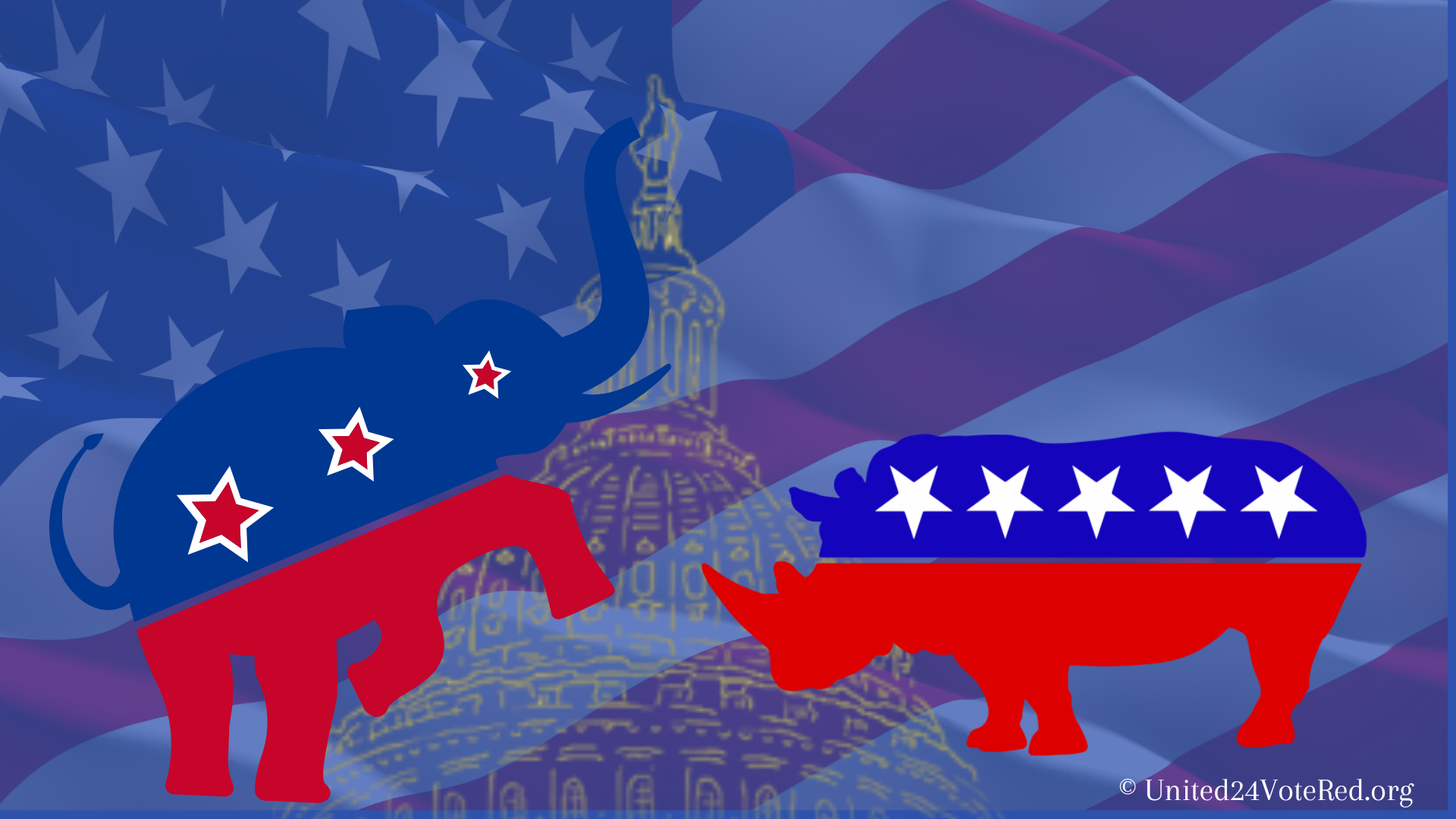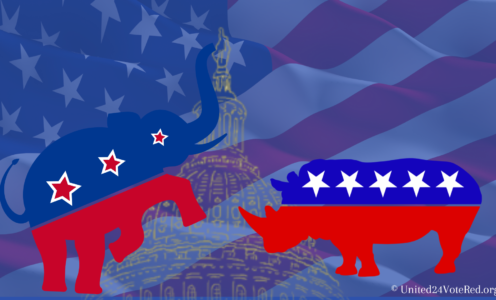
Who are the different factions within the GOP?
Editorial by Brill Commentariat @brillcomment
There has been much talk about what has been nicknamed ‘The Five Families’ which are the 5 main Caucuses/Factions of the House GOP and most of the friction within the modern GOP is caused by the fault lines. All the 5 Main Caucus groups have not been around forever, and all have their start at various times of the GOP’s history with very different circumstances which lead to their formation and the need of their time for them to exist.
While there has always been friction within the GOP it has never been quite so apparent as it has now, most of the battles that have taken place have been competing agendas which lead to an incohesive party which is unable to decide amongst itself what it stands for. It has been known for many years that the Membership of the GOP has been much more to the right of the Politicians that lead them, but this problem has only been exacerbated in recent years so let’s go through the GOP Main Caucuses and dissect what makes the GOP tick.
The oldest of these Caucuses would be the Republican Study Committee which was founded in 1973 by Paul Weyrich with its first Chair being Phil Crane from Illinois. The original purpose of the Caucus was to keep the Republican Party leadership accountable as they believed at the time that the Establishment was becoming far too moderate on many important issues. The Caucus is constitutionalist believing in the right to keep and bear arms and generally advocated for Socially Conservative legislation.
The Republican Main Street or nicknamed by some as the ‘Rino Caucus’ which was founded in 1994 by moderates as a counterweight to Newt Gingrich ‘Contract with America’. The Caucus is generally composed of centrists in the House and even has a few members in the Senate such as Susan Collins which is known for not taking a firm stance on any issue, but some have Safe seats but still vote in accordance with the most Moderate positions available.
The Republican Governance group which started its existence as far back as 1961 under the name the Wednesday Group which was founded by ‘Rockefeller Republicans’ which today would just be a brand of ‘Liberal Conservatism’. The Wednesday group got its name because they used to have their meetings on a Wednesday and changed it to the Tuesday Group in 1997 as they changed to having their meetings on a Tuesday.
The Problem Solvers Caucus also nicknamed ‘The Uniparty Caucus’ as it contains both Republicans and Democrats whose views are generally quite interchangeable and much like the name suggests is the most moderate wing of Republican Party. The Problem Solvers Caucus was founded on 23rd January 2017 and was a reaction to Donald Trump’s Presidency and has mostly hampered the agenda of his 1st Term.
The Freedom Caucus which was founded on 26th January 2015 which was a split from the Republican Study committee and a somewhat de facto successor to the Tea Party Caucus, which existed before them. The Founding members were Scott Garrett of New Jersey, Jim Jordan of Ohio, John Fleming of Louisiana, Matt Salmon of Arizona, Justin Amash of Michigan, Raúl Labrador of Idaho, Mulvaney of South Carolina, Ron DeSantis of Florida and Mark Meadows of North Carolina.
The Freedom Caucus had very much established itself as the most conservative caucus and has had many internal discussions on how best to entrench their ideas into the Republican Party. Their influence has grown in the past few years and they are now one of the biggest factions within the GOP and will likely expand its membership as the next few election cycles inevitably get under way.
The Freedom Caucus also concentrates at the State level with the State Freedom Caucus Network having a presence in at least 11 states being Montana, Idaho, Wyoming, South Dakota, Arizona, Illinois, Pennsylvania, Louisiana, Mississippi, Georgia and South Carolina.
The Freedom Caucus is currently the closest to a true reflection of the Conservative base within the GOP and their expansion should not be met with surprise but instead as an opportunity to take back the GOP and bring it into line with what the GOP membership and voters expects. This could indeed be seen as a campaigning opportunity for those who are conservative but don’t necessarily know what politicians to trust or who to help volunteer for.
There are many who would indeed like to see the Freedom Caucus have a greater voice within the GOP which would give them a higher level of bargaining power with the other factions to help get their agenda across. Helping the Freedom Caucus expand is not only in the self-interest of the conservative movement but imperative as Conservative voices in congress are too few as it is so why not help the Freedom Caucus, What do you have to lose?





Another great piece from Brill. Everything this guy writes informs and enlightens!